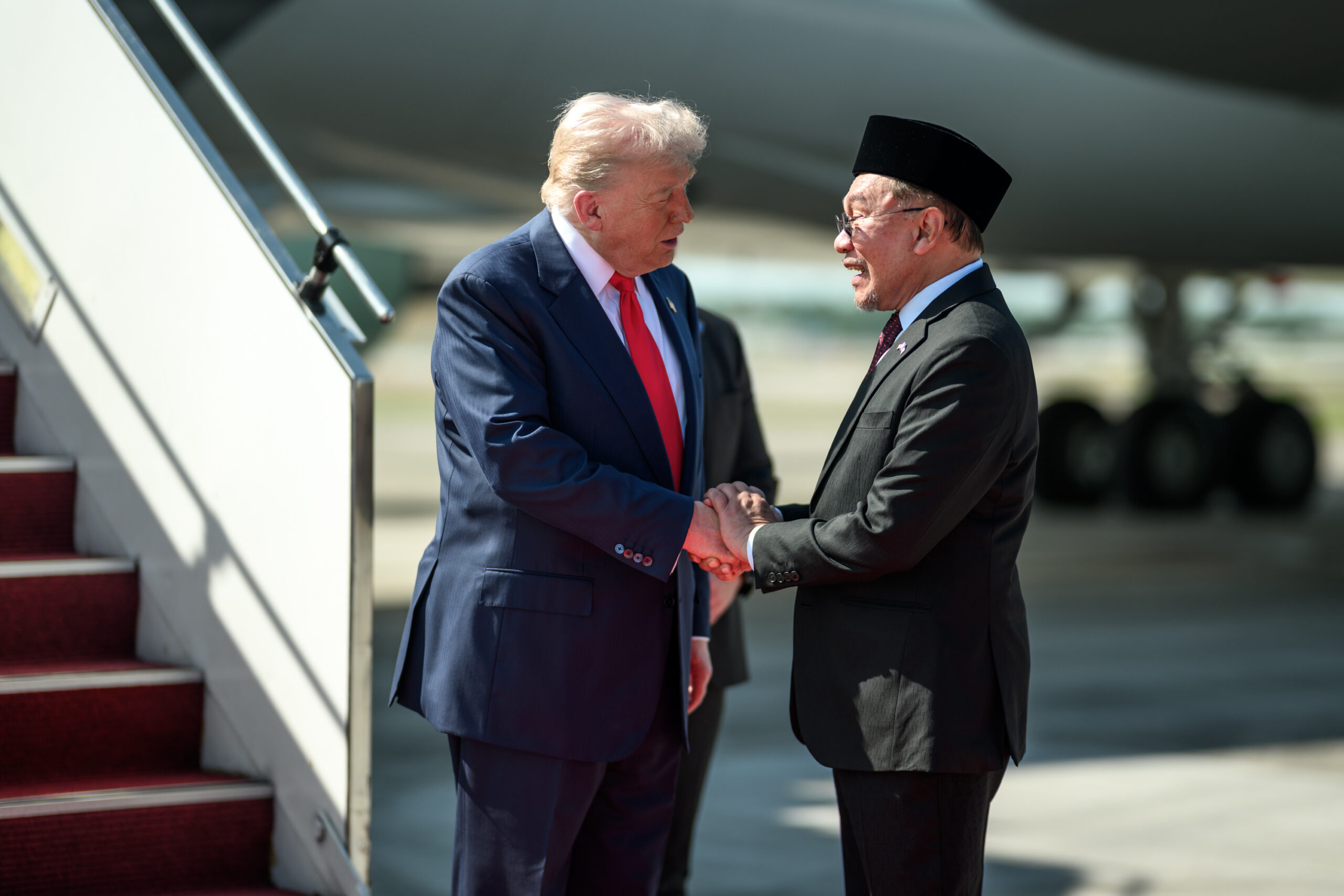Already a subscriber? Make sure to log into your account before viewing this content. You can access your account by hitting the “login” button on the top right corner. Still unable to see the content after signing in? Make sure your card on file is up-to-date.
The United States has officially inked two new reciprocal trade agreements with Malaysia and Cambodia.
Some shit you should know before you dig in: If you’re unaware, the United States maintains significant trade relationships with both Malaysia and Cambodia. In 2024, total goods trade between the US and Malaysia reached $24.9 billion, with US exports to Malaysia totaling approximately $12.1 billion and imports from Malaysia at $12.8 billion. The top American exports to Malaysia include semiconductors, aircraft, machinery, and agricultural products like soybeans and dairy, while key imports from Malaysia include electrical machinery, medical instruments, and rubber products. In contrast, trade with Cambodia totaled $12.3 billion but was heavily imbalanced: the US exported just $400 million worth of goods to Cambodia while importing nearly $11.9 billion (primarily apparel, footwear, and travel goods). The Trump administration had imposed a 19% reciprocal tariff on both Malaysian and Cambodian goods, a policy originally introduced as part of a broader push to rebalance trade deficits.

The deal with Malaysia: According to the White House, the new US–Malaysia Reciprocal Trade Agreement keeps the 19% tariff on Malaysian imports in place but opens up significant new market access for American goods. In exchange for maintaining that tariff level, Malaysia agreed to eliminate quotas on critical minerals and rare earth element exports to the US (many have called this a win amid growing tensions over China’s control of global mineral supply chains). The agreement also includes Malaysia’s commitment to purchasing 30 US-made aircraft, over $150 billion worth of semiconductors and aerospace components, data center equipment, and five million metric tons of liquefied natural gas (LNG) annually.
Malaysia also pledged to establish a $70 billion investment fund targeting US-based projects, a move expected to deepen long-term bilateral economic ties. Malaysian Prime Minister Anwar Ibrahim noted the agreement“will strengthen mutual economic resilience, especially in high-value sectors vital to both our countries’ futures.”
The deal with Cambodia: According to the White House, the deal with Cambodia follows a similar structure and maintains the 19% reciprocal tariff on Cambodian imports to the US. In return, Cambodia agreed to eliminate all tariffs on 100% of US industrial and agricultural exports. The deal also simplifies export certification processes for American businesses and includes provisions for future cooperation on critical minerals and export controls. Cambodian officials welcomed the deal, saying it signals a “new chapter” in US–Cambodia relations and will bring “sustainable benefits to both sides.”







